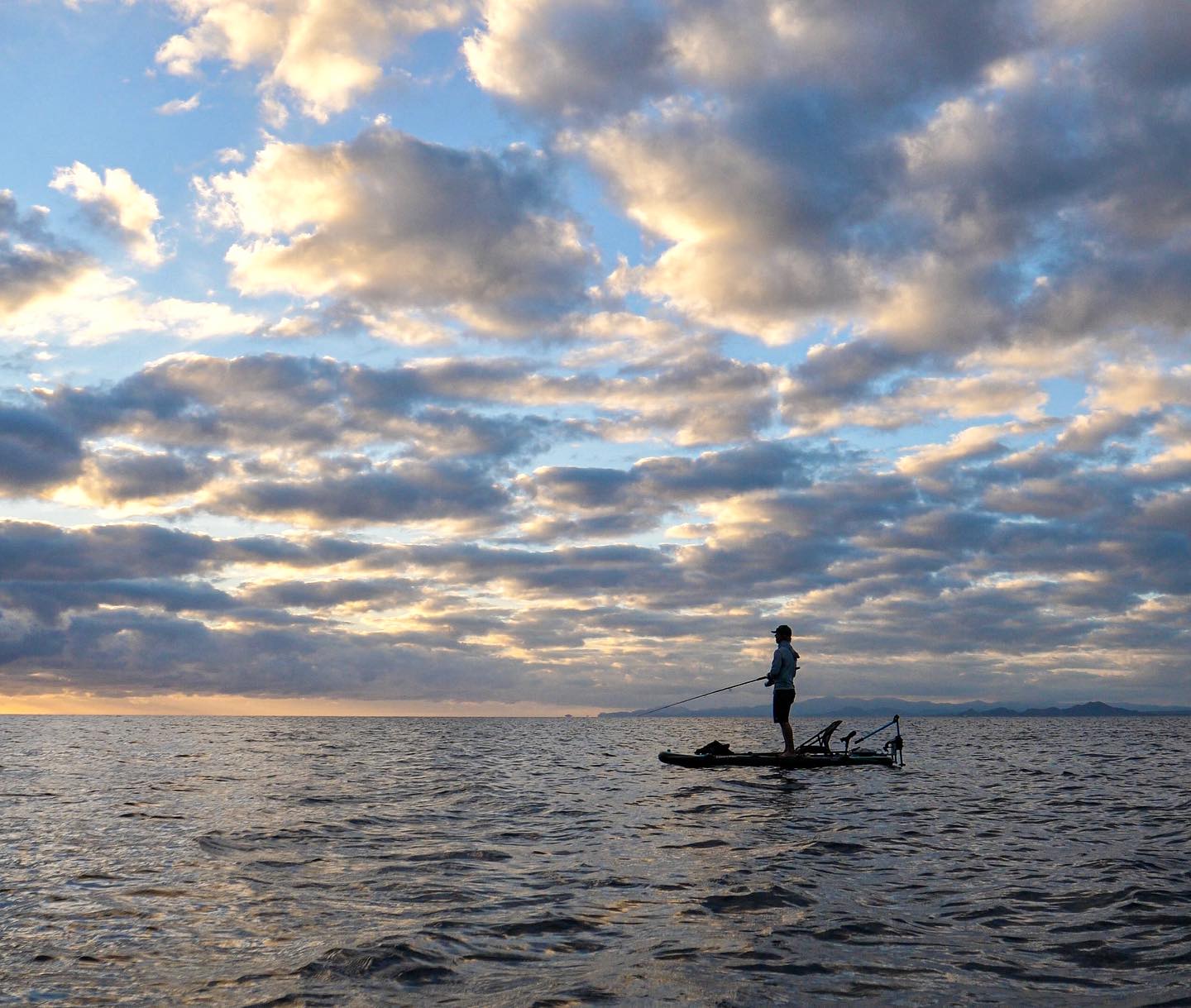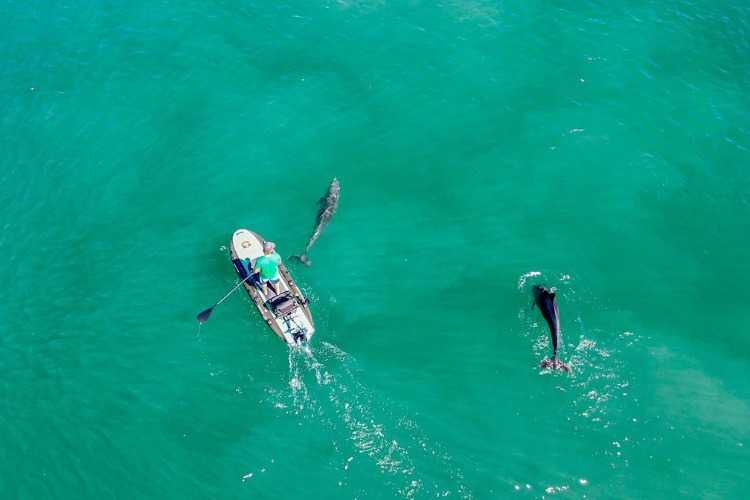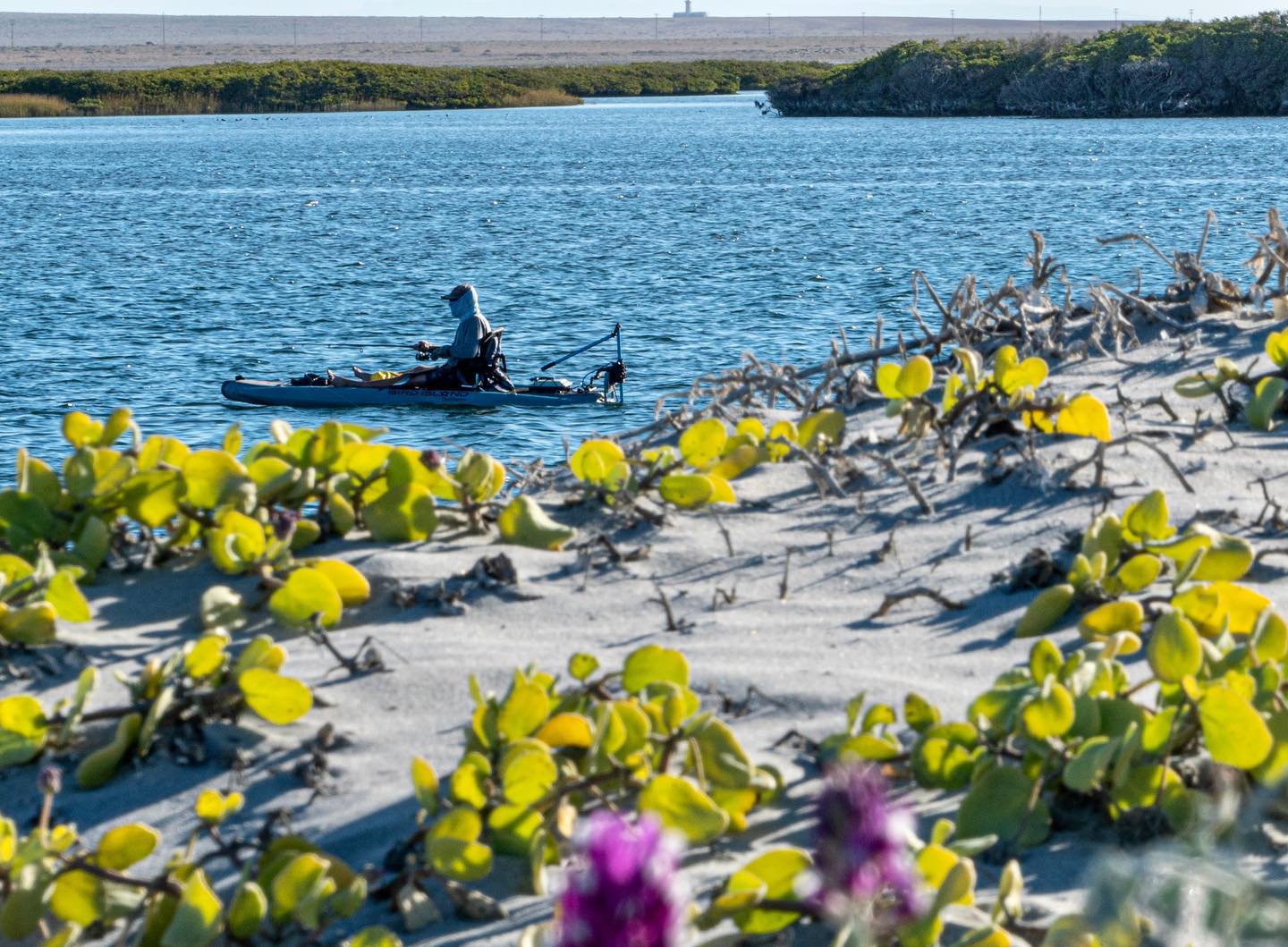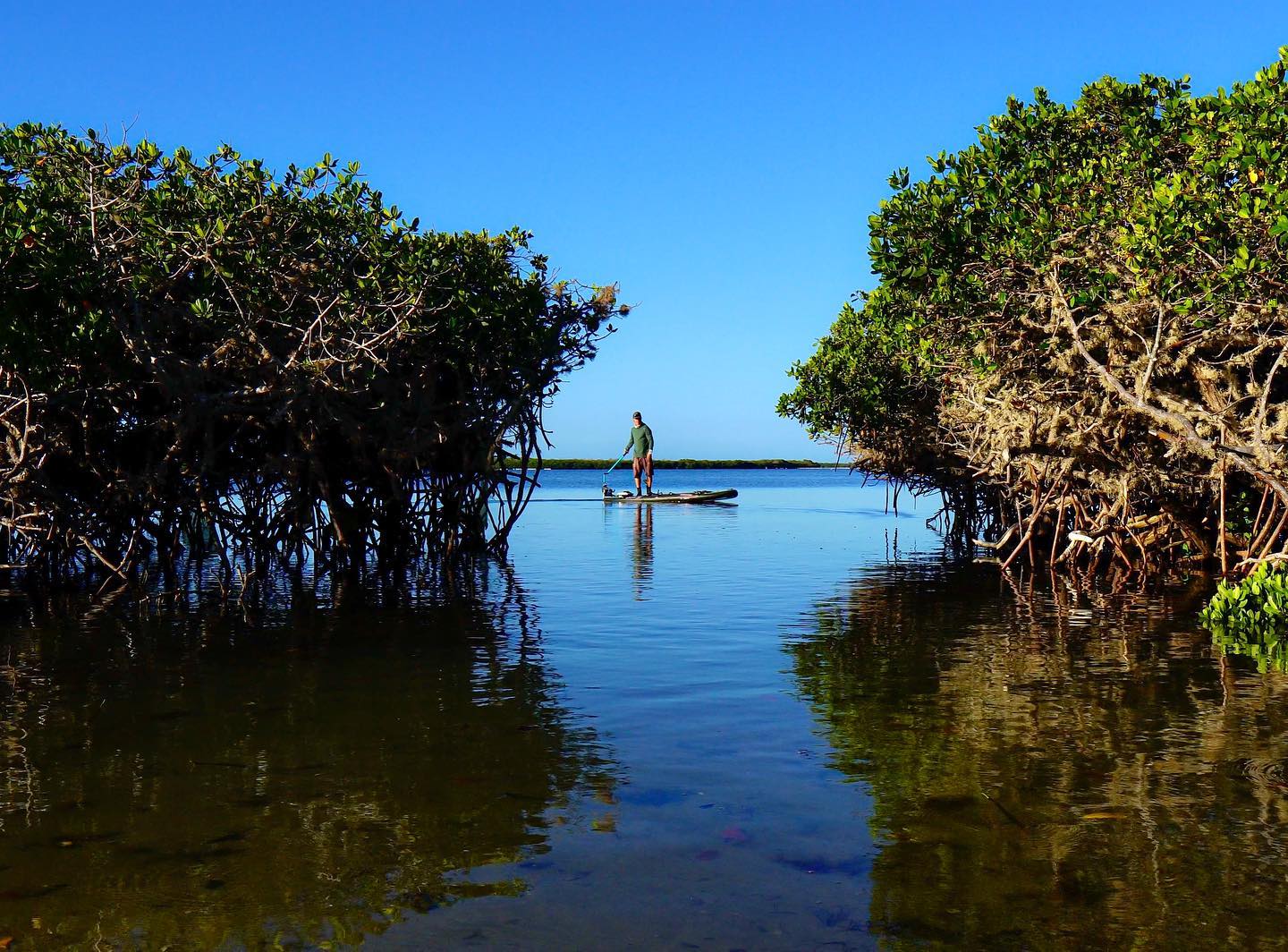Posted by Bixpy on Sep 3rd 2024
Eco-Friendly Tips for Water Adventures
Check out some practical tips from Bixpy to keep your water adventures environmentally friendly to preserve nature and enjoy it for years to come.
As outdoor enthusiasts, we all love the thrill of exploring waterways, whether it's paddling through serene lakes, fishing in rivers, or sailing the ocean. However, it's essential to ensure our adventures are eco-friendly, preserving the natural beauty of these environments for future generations. By making eco-friendly choices, we can all contribute to a healthier planet while enjoying our favorite activities.
Choose Eco-Friendly Equipment
Selecting eco-friendly equipment is crucial for minimizing your environmental impact during water adventures. Opt for products designed with sustainability in mind, such as those from Bixpy. The Bixpy K-1 motor is an excellent example, offering a powerful yet lightweight and portable solution for enhancing your kayaking experience while being environmentally friendly. Our motor is quiet, which means it does not disturb the local wildlife (which is also great for those anglers out there!). The K-1 also has no open propellers so flora and fauna are safe from any sort of blades that might do damage.
When choosing kayaks, boards, or other watercraft, prioritize those made from recycled or sustainable materials. Durable gear reduces waste over time, as it lessens the need for frequent replacements. Additionally, consider equipment that employs energy-efficient technology, which can help you enjoy longer outings without depleting natural resources such as Bixpy’s solar panel and rechargeable power bank. By making thoughtful choices in your equipment, you contribute to preserving the natural beauty of our waterways.

Respect Wildlife and Natural Habitats
One of the most rewarding aspects of water adventures is encountering wildlife in their natural settings. To ensure these encounters are positive for both you and the animals, it’s essential to approach with respect and caution. Always maintain a safe distance from nesting birds and other wildlife to avoid causing stress or disruption. Avoid entering areas marked as protected or sensitive, as these are often crucial habitats for endangered species. When fishing, adhere to local regulations regarding catch limits and the types of gear allowed to prevent overfishing and harm to non-target species. Educate yourself about the local flora and fauna to better understand the ecosystem and avoid unintentionally introducing invasive species, which can severely impact native biodiversity. Additionally, steer clear of using harsh chemicals, such as certain sunscreens and insect repellents, which can contaminate the water and harm wildlife.

Practice Leave No Trace Principles
Leave No Trace is exactly what it sounds like: don’t leave anything behind that you brought with you, and don’t disturb anything from the way it was when you arrived. To follow this principle, begin by packing out all trash and belongings, ensuring nothing is left behind that could harm wildlife or degrade the environment. Utilize reusable containers and gear to minimize waste production. Be considerate of wildlife by keeping noise levels low and avoiding sensitive areas, which helps reduce stress on animals and protects their habitats. When stopping for breaks or campsites, use established areas to minimize your footprint on the surrounding vegetation. Clean up any waste you encounter, even if it's not yours, to leave the area better than you found it. Opt for biodegradable soaps and detergents when cleaning gear to avoid contaminating water sources with harmful chemicals.

Conserve Water and Energy
Utilize energy-efficient equipment like Bixpy's innovative products which allow you to enjoy extended outings without depleting energy reserves or polluting the environment. Additionally, practice mindful water use when rinsing off gear, preparing meals, or cleaning up. Always be selective with freshwater sources and avoid unnecessary water waste to maintain the ecosystem's natural balance.
When it comes to heating and cooking, opt for low-energy methods. Portable solar cookers or energy-efficient camping stoves are excellent choices that reduce fuel consumption. Also, consider pre-cooking meals at home to minimize the need for extensive cooking on-site, thereby conserving both energy and resources. Solar-powered gadgets and chargers are another great way to maintain an eco-friendly energy profile during your trips. They provide a renewable source of power for your electronic devices, helping you stay connected while reducing reliance on disposable batteries or gas-powered generators.

Enjoying nature also means helping to preserve it. Keep these tips in mind when you head out on your next water adventure so that we can all enjoy the environment for years to come!


